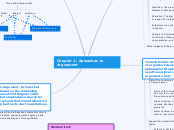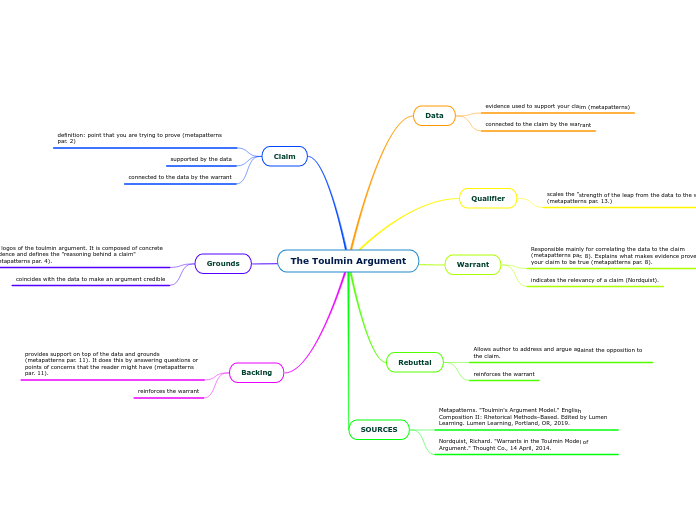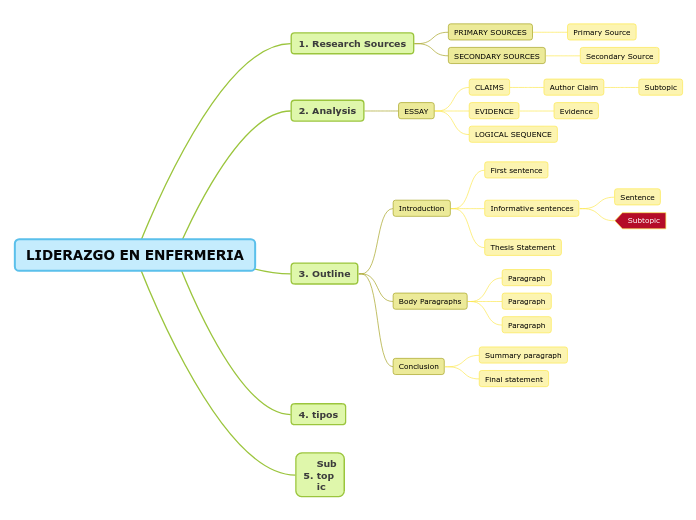jonka Axel Favero 7 vuotta sitten
269
Elements of Argument
The text discusses different approaches to constructing arguments, focusing on Aristotelian rhetoric and the Toulmin model. Aristotelian rhetoric emphasizes three main strategies: logos, ethos, and pathos.









